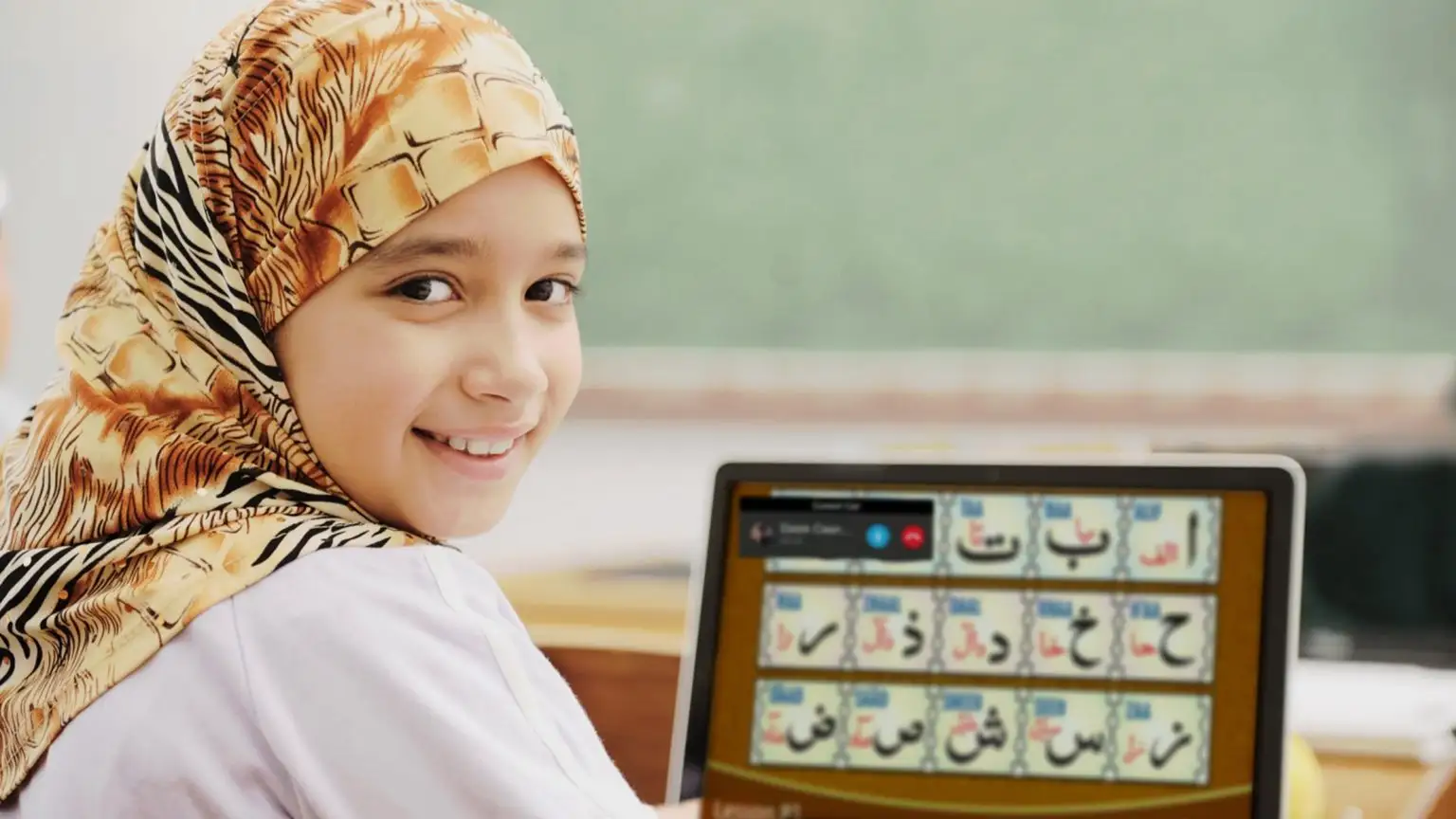Reading is a fundamental skill that opens doors to knowledge and understanding. When it comes to teaching a child to read Arabic, it is important to create a language-rich environment and use effective strategies to engage their interest. By following a structured approach that incorporates vocabulary building, phonics, reading comprehension,…


